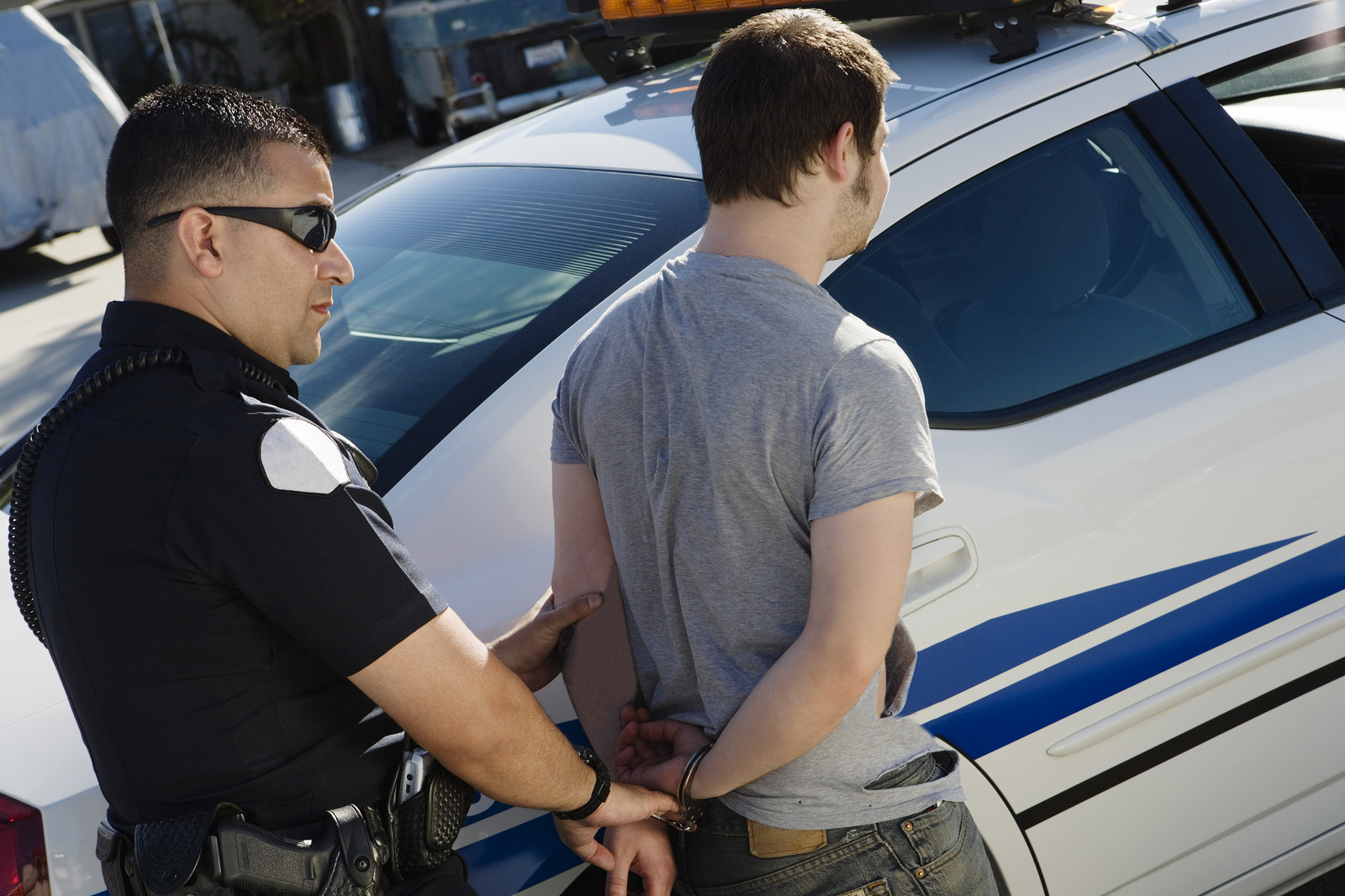Every weekday, you send your children off to school, trusting that they will behave themselves, and if they misbehave, the school’s administration will notify you immediately.
What you may not know is that in many cases when a minor is accused of committing a crime, the questioning of the minor begins long before his or her parents are notified of their child’s alleged wrongdoing. Does this violate a minor’s rights?
Juveniles Have Constitutional Rights
The U.S. Constitution and California law provide many of the same protections to minors that adults have when they are accused of committing a crime. Among these are procedural rights, such as the right to have advance notices of charges and the right to confront and cross-examine adverse witnesses.1 In addition, the Supreme Court has ruled that the Fourth Amendment’s prohibition of unreasonable search and seizures also extends to minors.2
Most importantly, a minor has Miranda rights, which include the right to remain silent and the right to the presence of an attorney during questioning.3
Furthermore, California law allows a minor to have the presence of his or her parents or legal guardians throughout the proceedings.4 If school officials or police ignore the minor’s rights during questioning, a court can rule any statements he or she makes to be inadmissible as evidence.
Important Differences Between Criminal Charges and School Disciplinary Action
Criminal cases have tougher standards for admissibility of evidence than school discipline cases. For example, while a police officer must have probable cause to conduct a search without a warrant, the Supreme Court has decided that persons who have a custodial relationship to the minor – such as school officials – need only a reasonable suspicion in order to search a minor who is suspected of violating either a law or a school rule.5
Generally, the courts will allow the school to search the locker of a student in these cases, but a student should state his or her objection to the search. This prevents a later ruling that evidence that was illegally obtained can still be used against a minor on the basis that he or she consented to the search.
What happens if the school turns over evidence to the police as part of a criminal investigation? A criminal case still requires adhering to the constitutional protections under the Fourth Amendment. Therefore, your child’s attorney can argue that the lower “reasonable suspicion” standard used by school officials to search your child’s locker does not adequately protect your child’s constitutional rights.
However, in a school expulsion case, this evidence could still be used because the courts have consistently held that the standards for those proceedings are less strict than juvenile criminal court proceedings.
Contact the Juvenile Defense Attorneys at Wallin & Klarich Right Away
As part of their education, it’s important to teach your child about their basic rights if they are accused of breaking school rules or the law. This is especially important for them to know in the event that they are brought into answer questions before having a chance to speak to you or to an attorney.
If your child is facing a school disciplinary action, you should consult with an attorney right away. At Wallin & Klarich, our attorneys have over 35 years of experience fighting for the rights of clients in your child’s situation. We know an expulsion can have long-lasting effects on your child’s education that could follow him or her into their adult life. We are dedicated to giving your child the best possible defense against the allegations he or she may be facing.
With offices in Orange County, Los Angeles, San Bernardino, Riverside, Ventura, Victorville, West Covina, San Diego, Torrance and Sherman Oaks, there is a Wallin & Klarich attorney experienced in juvenile defense near you no matter where you work or live.
Call us today at (888) 280-6839 for a free phone consultation. We will be there when you call.
sup id=”fn1″>1.In re Gault, 387 U.S. 1, 87 S. Ct. 1428, 18 L. Ed. 2d 527 (1967). href=”#ref1″>↩
sup id=”fn2″>2.New Jersey v. T.L.O., 469 U.S. 325, 333, 105 S. Ct. 733, 738, 83 L. Ed. 2d 720 (1985). href=”#ref2″>↩
sup id=”fn3″>3.In re Gault, supra, note 1; J.D.B. v. North Carolina, 131 S.Ct. 2394 (2011); see also Cal. Welf. & Inst. Code §§ 679 and 702.5.href=”#ref3″>↩
sup id=”fn4″>4.Cal Welf. & Inst. Code §§ 656; 658; and 702.5.href=”#ref4″>↩
sup id=”fn5″>5.Id.href=”#ref5″>↩



